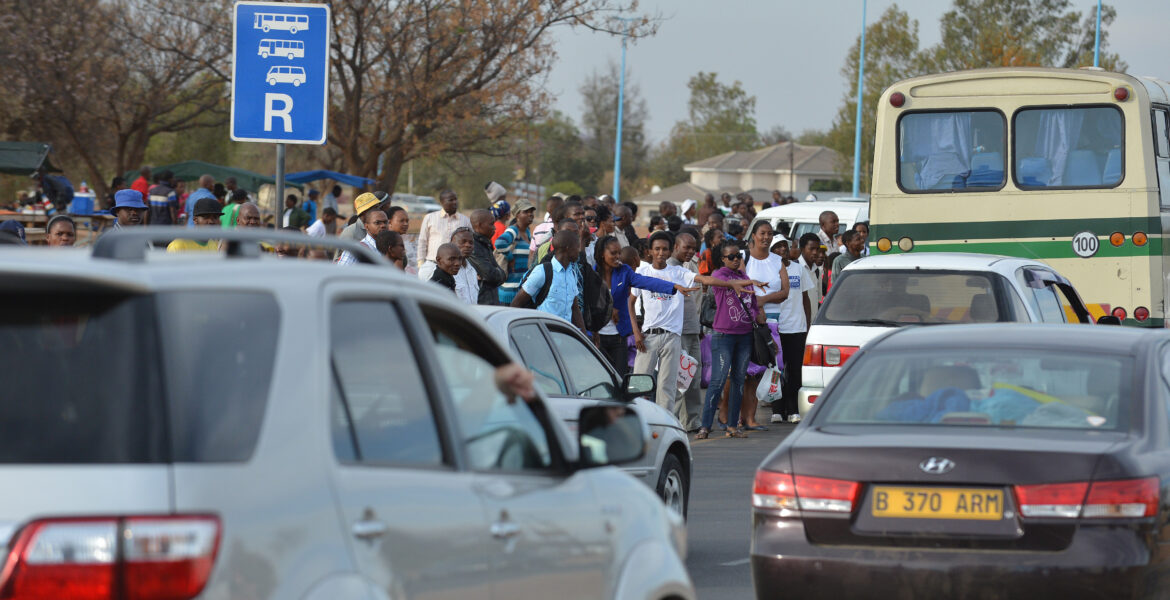- But notes the slacking will be a prelude to a more sustainable growth rate
- BoB believes current upward pressures are transitory and do not require policy tightening
GAZETTE REPORTER
Leading financial services operator ABSA expects Botswana’s economic growth momentum to slow substantially in 2022 as it transitions to a more sustainable growth rate.
According to ABSA Sub-Saharan Africa (SSA) Research released recently, the slowdown in Botswana’s economic growth will primarily be driven by fading base effects, although key economic sectors will likely continue their recovery from the fallout of the pandemic.
“The services sector, notably accommodation and restaurants, is likely to see a sharp improvement as conditions normalise,” reads the ABSA SAA research. “The government previously indicated that it expects a good 2021/22 agriculture season, and its focus on expanding strategic infrastructure would also be an important growth driver.
“Botswana’s Economic Recovery and Transformation Plan should provide further impetus. Although downside risks, including the trajectory of the COVID-19 virus, remain large, the latest wave that began in December appears not to have caused major disruption.”
ABSA says it expects the country’s monetary policy to remain supportive of the economic recovery. “But policy normalisation is likely to commence this year,” it notes. “After reaching a 10-year high of 8.9 percent year on year in July 2021, inflation remained above 8 percent in the remainder of the year, underpinned by higher housing, utilities and transport costs.”
“Inflation stood at 8.7 percent year-on-year in December but is likely to return to the 3-6 percent target range in Q2 22 on favourable base effects. Despite inflation being above the target range since May 2021, the Monetary Policy Committee has been reluctant to hike policy rates due to the need to support the recovery and its belief that current upward pressures are cost-push, transitory factors that do not require policy tightening.”
The research by ABSA also observes that Botswana’s public finances continue to face pressures even as economic activity appears buoyant. “After a fiscal deficit of 8.4 percent of GDP in FY2020/21, the finance ministry revised the deficit target for FY2021/22 from 3.1 percent to 3.7 percent amid indications of revenue shortfalls and some overspending,” reads the research.
“The ministry cut the development spending budget by over BWP2bn (-14%) to offset a sharp increase in current expenditure,” says ABSA. “The government is targeting a fiscal deficit of 4 percent in FY2022/23. Thereafter, it expects surpluses to return on higher Southern African Customs Union revenues.”
The ABSA analysis says a surge in diamond demand has supported Botswana’s external balance as exports rose 79 percent y/y in the first 10 months of 2021 versus a 29 percent increase in imports. “As a result of the sharp improvement in the trade balance, we expect a current account deficit of only 0.4 percent of GDP in 2021, compared with a deficit of 10.6 percent in the prior year,” it notes.
“While we expect diamond demand to continue to improve in 2022, imports will likely rise faster as consumer demand returns, and infrastructure investment projects take off. As a result, our projections point to a wider current account deficit of 2.1 percent of GDP in 2022.”




